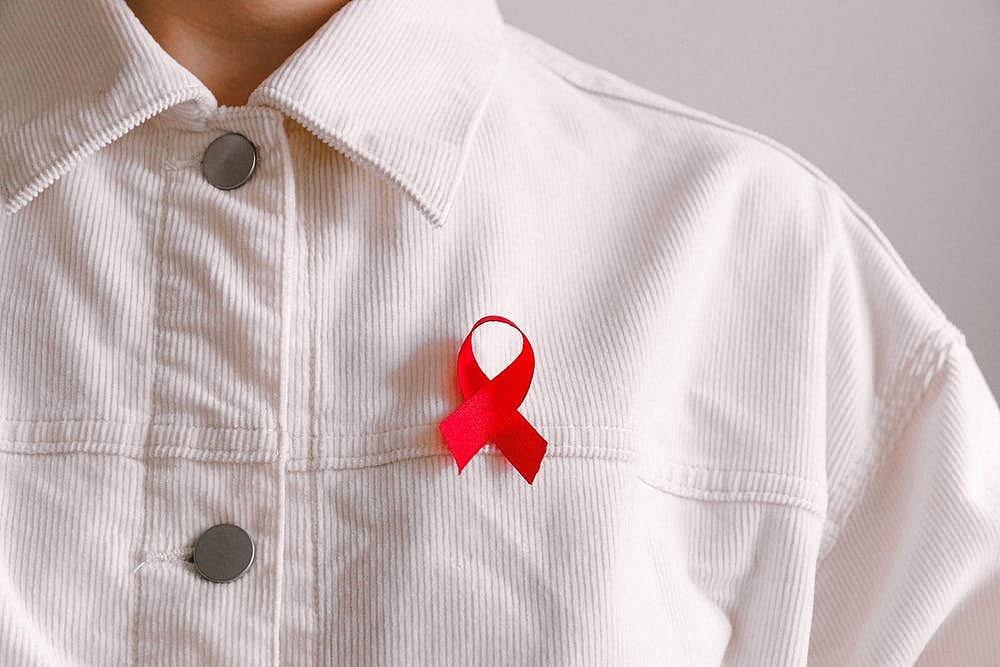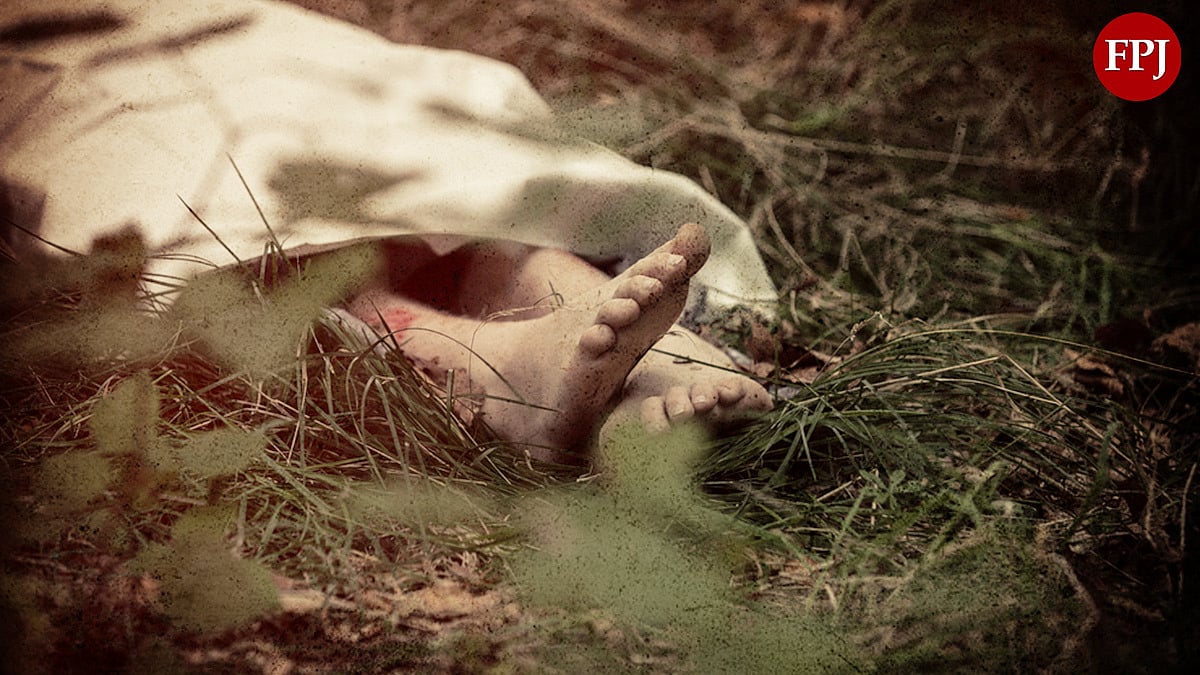World Aids Vaccine Day or HIV Vaccine Awareness Day is observed on May 18 every year.
On this day, HIV Vaccine advocates commemorate this day by prompting the continued urgent need to develop a vaccine that will prevent HIV infection and AIDS.
They acknowledge and thank the thousands of volunteers, community members, health professionals, supporters and scientists who are working together to find a safe and effective AIDS vaccine.
The concept of World Aids Vaccine Day was brought about in a May 18, 1997 commencement speech at Morgan State University made by then-President Clinton.
Clinton challenged the World to set new goals in the emerging age of science and technology and develop an AIDS vaccine within the next decade stating, "Only a true effective, preventive HIV vaccine can limit and eventually eliminate the threat of AIDS."
The first World AIDS Vaccine Day was observed on May 18, 1998 to commemorate the anniversary of Clinton's speech and the tradition continues today.
Each year communities around the world organise a varied amount of activities to raise awareness for AIDS vaccines and educate communities about HIV prevention.
Causes of AIDS:
AIDS is caused by HIV. A person cannot get AIDS if they haven't contracted HIV.
Healthy individuals have a CD4 count of 500 to 1500 per cubic millimeter.
If not treated, HIV continues to multiply and destroy CD4 cells.
If a person's CD4 count falls below 200, they have AIDS.
Also, if someone with HIV develops an opportunistic infection associated with HIV, they can still be diagnosed with AIDS even if their CD4 count is above 200.
Treatments for AIDS:
Treatment should begin as soon as possible after a diagnosis of HIV, regardless of viral load.
The main treatment for HIV is antiretroviral therapy, a combination of daily medications that stop the virus from reproducing.
This helps protect CD4 cells, keeping the immune system strong enough to take measures against disease.
Antiretroviral therapy helps keep HIV from progressing to AIDS.
It also helps reduce the risk of transmitting HIV to others.
When treatment is effective, the viral load will be "undetectable".
The person still has HIV but the virus is not visible in test results.
However, the virus is still in the body and if that person stops taking antiretroviral therapy, the viral load will increase again and the HIV can again start attacking CD4 cells.










